Daniel J. Kershaw is a historian, with a BA in Ancient History from the University of Liverpool, and an MSt in Roman History from the University of Oxford. Since graduating from the latter in 2018, he has written many articles for Ancient History Magazine, History Cooperative, and TheCollector. He has a paper published with Illinois Classical Press, with another under peer review. Whilst he is comfortable writing about any aspect of history, his specialism is in Roman Imperial History. Aside from this, he works full-time as an Editor at Routledge Press.
Areas of Expertise
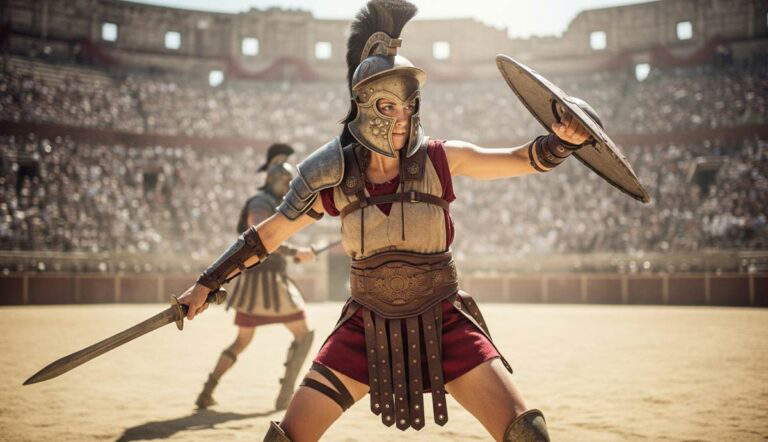
The Female Gladiators That Fought in Ancient Rome’s Most Dangerous Arenas
Roman society was highly patriarchal with strict gender roles, but female gladiators broke boundaries to find fame in the Empire’s dangerous arenas.
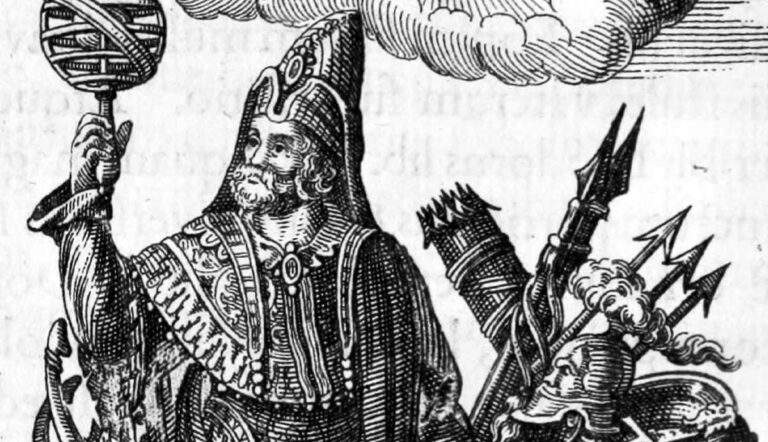
The Elusive Hermes Trismegistus & the Founding of Hermeticism
Hermes Trismegistus is the founding figure of Hermeticism, an elusive Greco-Egyptian philosophy that influenced the Renaissance and modern occultism.
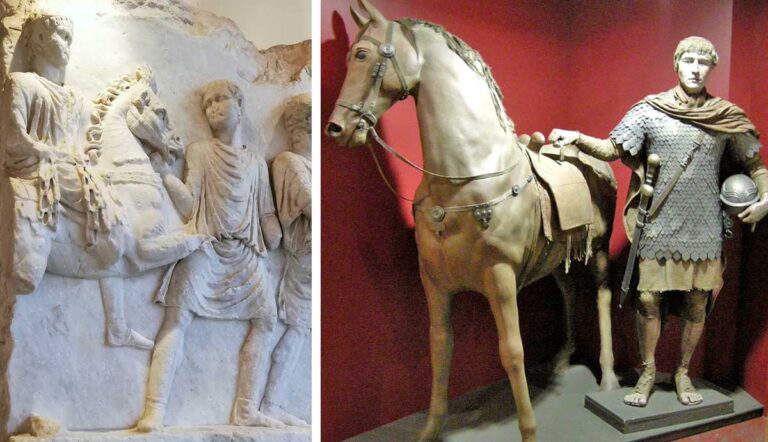
What Was the Powerful Roman Equestrian Order That Rivaled the Senate?
The Roman Equestrian Order, deriving in part from the cavalry of Rome’s earliest kings, vied with the Senate for prestige, power, and wealth in Rome.
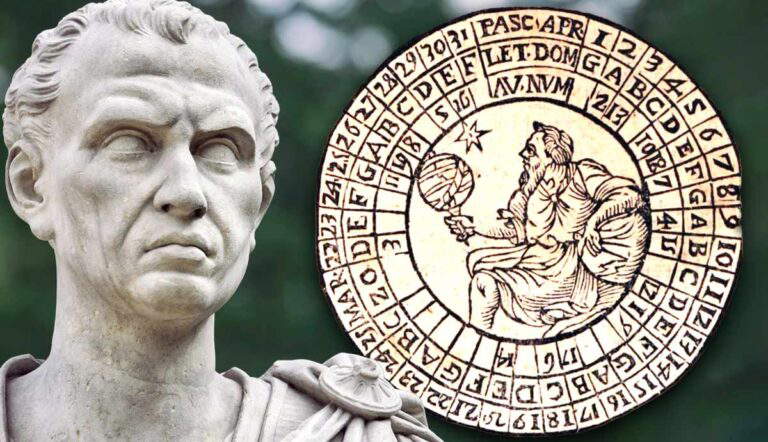
How Julius Caesar Changed Time
Caesar’s introduction of the Julian calendar in 45 BCE replaced the chaotic calendars that preceded it and laid the foundation for the modern calendar.
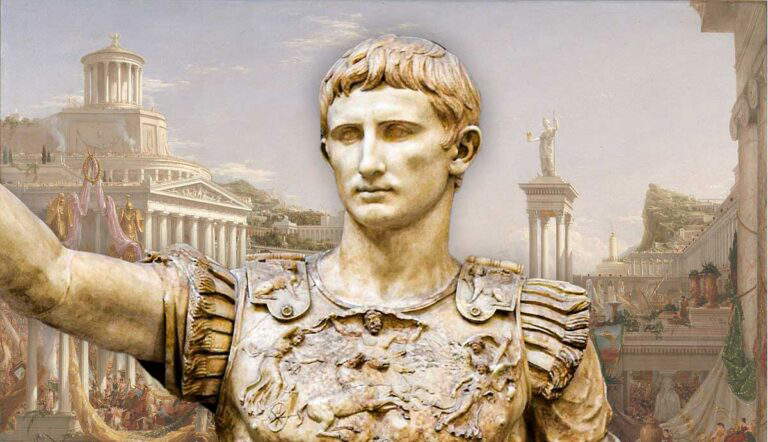
Was the Pax Romana Really Peaceful?
The Pax Romana is a 200-year period in Roman history believed to have been the most peaceful and prosperous. Was it really a Golden Age?
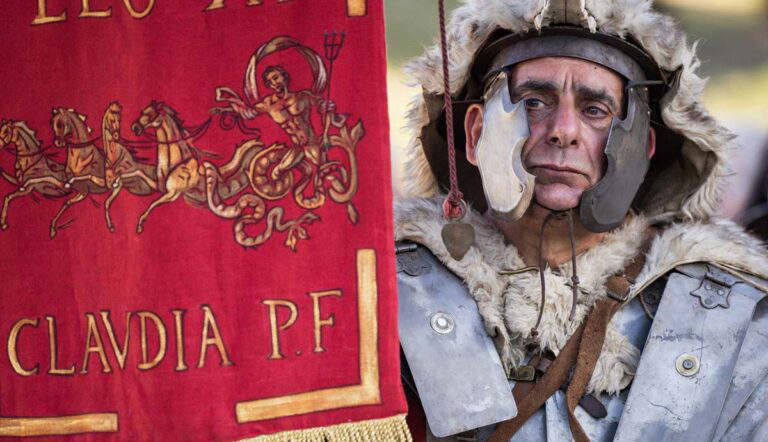
The Secret Service of Ancient Rome (Frumentarii and Agentes in Rebus)
As with other totalitarian empires, gathering intelligence and enforcing the leadership’s agenda in the Roman world required a loyal and lethal secret police service.
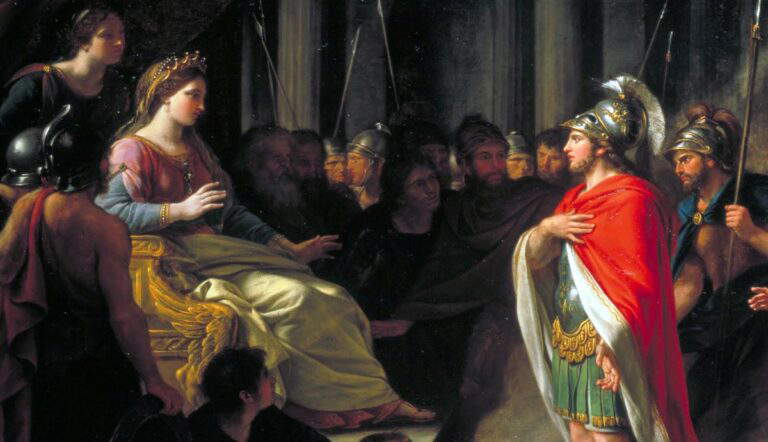
The Story of the Carthaginian Queen Dido & the Trojan Prince Aeneas
Virgil describes a love affair between the Trojan prince Aeneas and the Carthaginian queen Dido in his Aeneid, serving as a pivotal symbolic plot device.
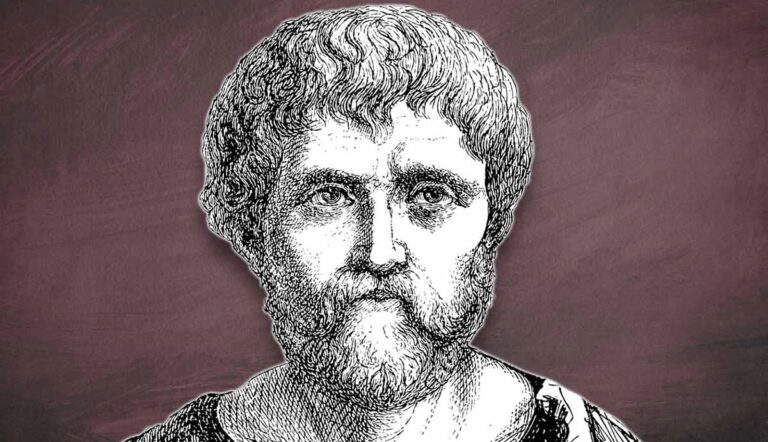
The Life of Seneca, the Stoic Philosopher Who Walked a Moral Tightrope
Philosopher or politician, sage or pragmatist? The life of Stoic philosopher Seneca the Younger, tutor of Nero, highlights the brutality of imperial Rome.
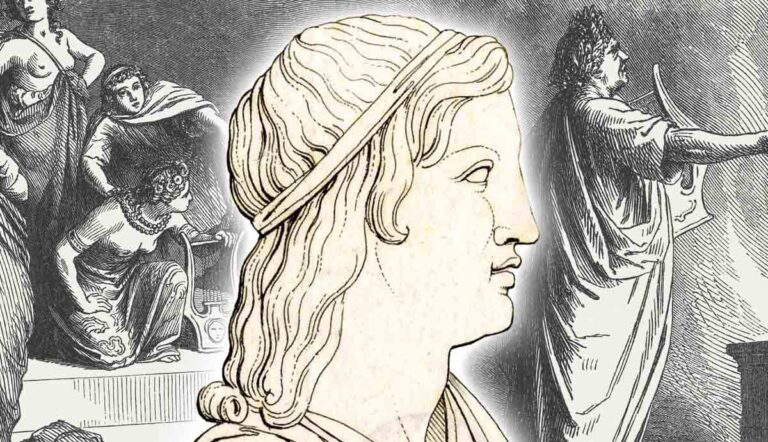
The Enduring Legacy of Suetonius, Rome’s Most Controversial Biographer
The imperial biographer Suetonius is an important source for the lives of the Caesars, but how reliable are his accounts based on gossip and sensationalism?

What Did “Noble Death” Mean to Greeks and Romans?
For the aristocracy of ancient Greece and Rome, suicide, if carried out “correctly,” could constitute a “noble death,” bestowing dignity on the deceased.
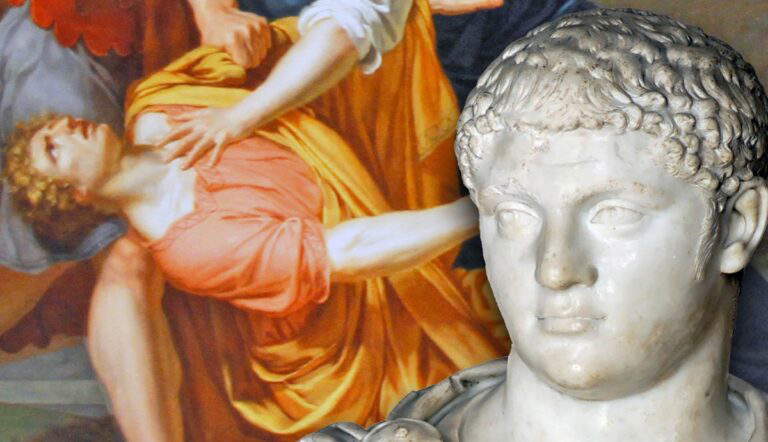
Geta: The Short Reign and (Tragic) Death of a Roman Emperor
Geta ruled as co-emperor with his father, Septimius Severus, and brother, Caracalla, at the start of the 3rd century before becoming the victim of fratricide.

The Harpies: Beasts of Vengeance in Greek Mythology
The Harpies appear throughout Greek mythology as part-human and part-bird mythological beasts that conjure feelings of dread and disgust in their victims.
